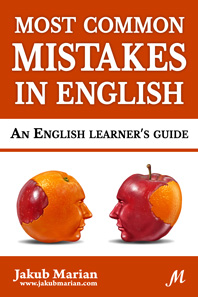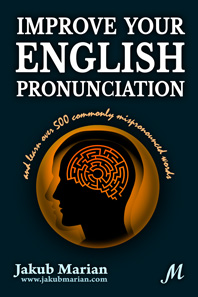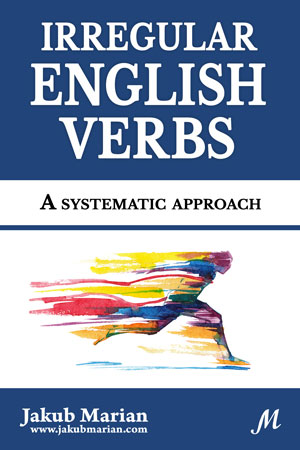 |
(An) information – is there an article?
The word “information” is an uncountable noun (also called mass noun) in English, just like “smoke” or “rice”. This means that it is (...)
January 4, 2019 – Jakub Marian – English
|
 |
“Merry Christmas” in over 100 different languages
This article will teach you how to say (or rather write) “Merry Christmas” in more than 100 different languages. The languages are grouped (...)
December 17, 2018 – Jakub Marian – Language learning
|
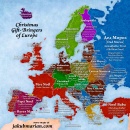 |
Christmas gift-bringers of Europe
Find out who brings Christmas gifts in France, Germany, Spain, and many other countries by looking at this neatly coloured map. (...)
December 16, 2018 – Jakub Marian – Maps
|
 |
“I know English” or “I speak English”?
Long story short, if you want to say that you can express yourself in English and/or that you can communicate in English, the natural way (...)
December 10, 2018 – Jakub Marian – English
|
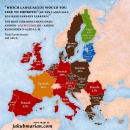 |
Languages young Europeans want to learn
In its recent Flash Eurobarometer 466, the European commission asked a random sample of young EU citizens (aged 15–30) which languages (...)
December 3, 2018 – Jakub Marian – Maps
|
By the way, have you already seen my brand new web app for non-native speakers of English? It's based on reading texts and learning by having all meanings, pronunciations, grammar forms etc. easily accessible. It looks like this:
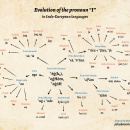 |
Evolution of the pronoun “I” in Indo-European languages
Most European languages developed from a single language called Proto-Indo-European, spoken approximately between 4500 BC and 2500 BC (...)
November 26, 2018 – Jakub Marian – Maps
|
 |
English nouns that are only used in the plural
There are a few nouns in English that are only used in the plural. They may be confusing for English learners if the equivalent expression (...)
November 11, 2018 – Jakub Marian – English
|
 |
Final consonant doubling in English
As you surely know, the final consonant of some verbs gets doubled when the suffix -ing or -ed is added, e.g.
stop: stopping, (...)
October 9, 2018 – Jakub Marian – English
|
A small but necessary interruption: This website does not contain any ads and is completely dependent on the support of its readers. If you enjoy reading articles here, please, consider helping by using my web app for English learners.
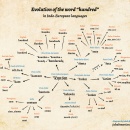 |
Evolution of “hundred” in Indo-European languages
Most European languages developed from a single language called Proto-Indo-European, spoken approximately from 4500 BC and 2500 BC (...)
August 20, 2018 – Jakub Marian – Maps
|
 |
Articles in Esperanto
Esperanto is a constructed language based on European languages (mostly English and Romance languages with a few influences from other (...)
June 20, 2018 – Jakub Marian – Esperanto
|

